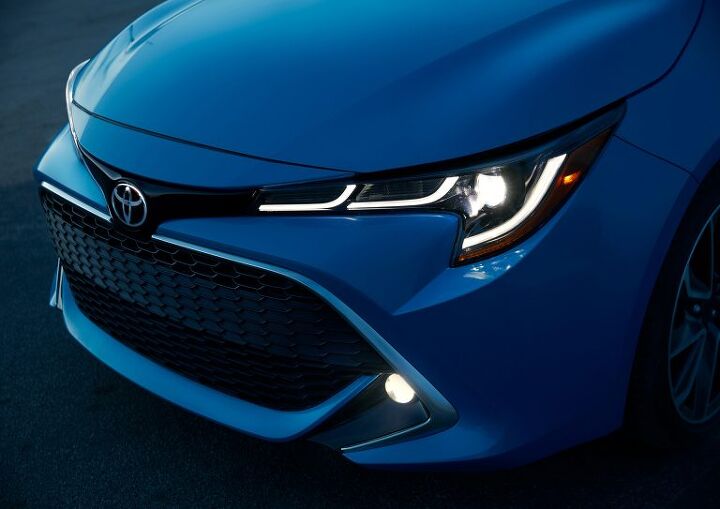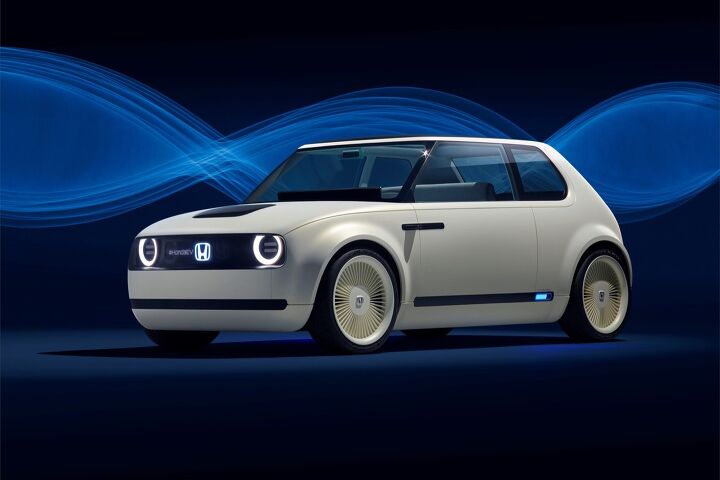#Solid-StateBatteries
Toyota Promises Solid-State Batteries By 2025
While electrification has felt like the only thing automakers are willing to talk about anymore, CES 2022 provided yet another opportunity to see which companies are willing to make the biggest promises when pitted against each other. This encouraged plenty of manufacturers to issue reminders of their existing EV timetables, though we’d be lying if we expected any company to adhere to them all that closely.
Then there’s Toyota. Despite being the largest automaker on the planet by volume, the Japanese company is famous for hedging its bets and not being all that secretive about it. When other manufacturers were vowing swift electrification at all costs, Toyota said they would need to continue producing hybrids if they were to realistically serve the public. But the business is still developing battery tech, with a vested interest in selling it off to rival manufacturers who are more willing to run with BEVs exclusively. It’s also been developing solid-state batteries, which it has confirmed are on track for delivery by 2025.
Positives and Negatives: Honda Weighing Benefits of Solid-state Batteries
Tightening global emission regulations are pushing the world’s automakers to put all fuel-saving options on the table. Electric cars are an obvious answer, but range anxiety and consumer concerns about battery life continue to dog vehicles powered solely by electrons.
With a finite amount of space in their vehicles, manufacturers are constantly looking for efficiencies when laying out plans for EVs. According to a report from Reuters, Honda is considering developing solid-state batteries for use in their future EVs.
Toyota Planning Long-range EV Using Solid-state Batteries by 2022
Toyota, the company that came out with the Prius in the 1990s and decided it had perfected the electric car, may be looking regain its EV advantage by 2022. It’s not something you’d expect to hear, considering Japan’s largest automaker has lagged behind in terms of competitive electric development for the last few years.
While its hybrid program got the drop on the competition, it subsequently favored hydrogen fuel cells over purely electric vehicles as the next automotive epoch — creating a bit of an industrial dinosaur.
Fortunately, Toyota has no shortage of muscles to flex. Once news broke that Toyota was earnestly considering electric R&D, everyone speculated it would be competitive at roughly the same time as other automakers. Not so. On Tuesday, Japanese newspaper Chunichi Shimbun reported Toyota has quietly upped its game to surpass them.















Recent Comments